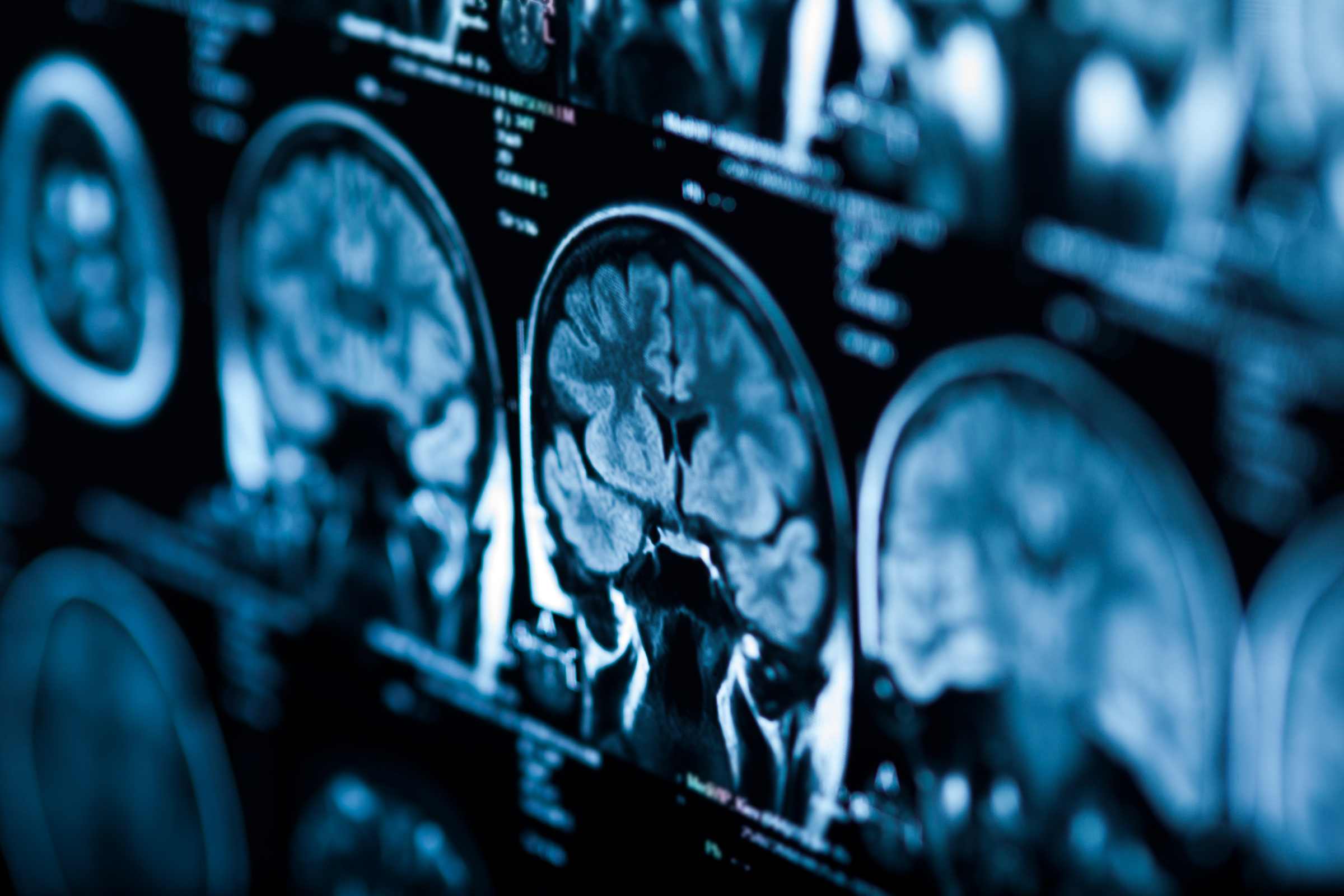Scientists have long been baffled by the complexity of the human brain, trying their best to understand and map the cellular makeup of the organ that powers our bodies. Researchers say they have discovered over 3,000 brain cell types in the human brain, including how these connections make each person unique.
The newest study built off previous research, which had only mapped the brain cell types of certain brain regions, like the cortex. Those studies found over 100 different brain cell types. However, we’ve expanded that knowledge with new studies, which have extended brain mapping to almost 100 different parts of the brain.
For many of these regions, nobody has ever seen the level of complexity on display here, the researchers say, not until now. The researchers say that they’ve discovered that even the older parts of our brain, which were believed to be simple, are highly complex.

This study is a massive part of a catalog that is focused on cataloging the size and complexity of our brains and how the connections between those cells make us unique. The catalog currently encompasses 21 different papers, which have been released in journals like Science, Science Advances, and Science Translational Medicine. One of those other studies also found that the connections between these cells are what make us each unique.
Learning more about that will certainly help scientists better understand the human brain and how it has evolved. Further, the researchers say that “we all share a common blueprint” but that the variation in those building blocks really defines who we are. It’s an exciting development that could help create even more comprehensive catalogs of the human brain.
Further, these discoveries could help us better understand how brain diseases affect the brains of different brains. But we’ve just begun this journey, and there’s a lot more for scientists to discover as they dig deeper into the human brain and the unique connections between our different brain cells and how those brain cells learn.








